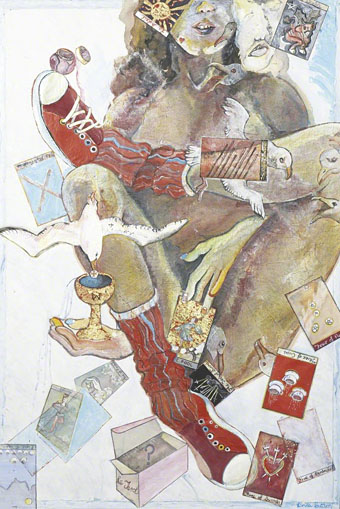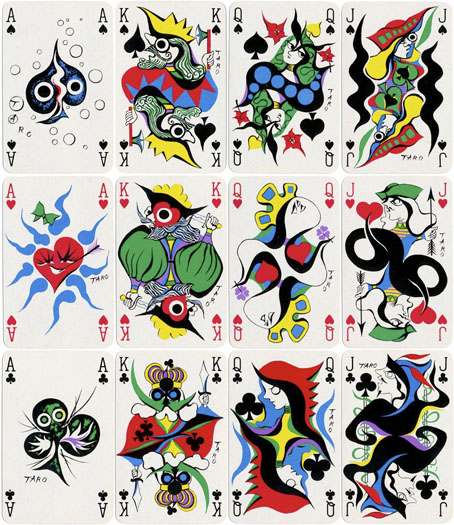
The Breath of Creation (c. 1926–34) by Olga Fröbe-Kapteyn.
• At Wormwoodiana: “…Gresham was well-read enough to know that while magic can be more than a MacGuffin in a fantasy story, neither fantasy nor thriller fiction lets magic unsettle readers much. […] Even when it is good, the supernatural is never safe in a Williams story. Not conventional fantasy by half.” G. Connor Salter on William Lindsay Gresham’s enthusiasm for Charles Williams’ novels.
• At Harper’s Magazine: Christopher Tayler reviews Lawrence Venuti’s translations of Dino Buzzati’s Il deserto dei Tartari (now titled The Stronghold) which was published last year, and The Bewitched Bourgeois: Fifty Stories which will be out in January.
• Dennis Cooper’s favourite fiction, poetry, non-fiction, film, art, and internet of 2024. Thanks again for the link here!
• The Approach to J.L. Borges: A Borgesian pastiche in homage to the creator of Ficciones by Ed Simon.
• “HP Lovecraft meets Fafhrd and The Grey Mouser”: an essay from 1992 by Fritz Leiber.
• Can performing live on The Old Grey Whistle Test in January, 1974.
• DJ Food says “Let’s have some psychedelia”.
• RIP Zakir Hussain.
• Creation Dub 1 (1977) by Lee Perry & The Upsetters | Threat To Creation (1981) by Creation Rebel/New Age Steppers | Theme from ‘Creation’ (1992) by Brian Eno


